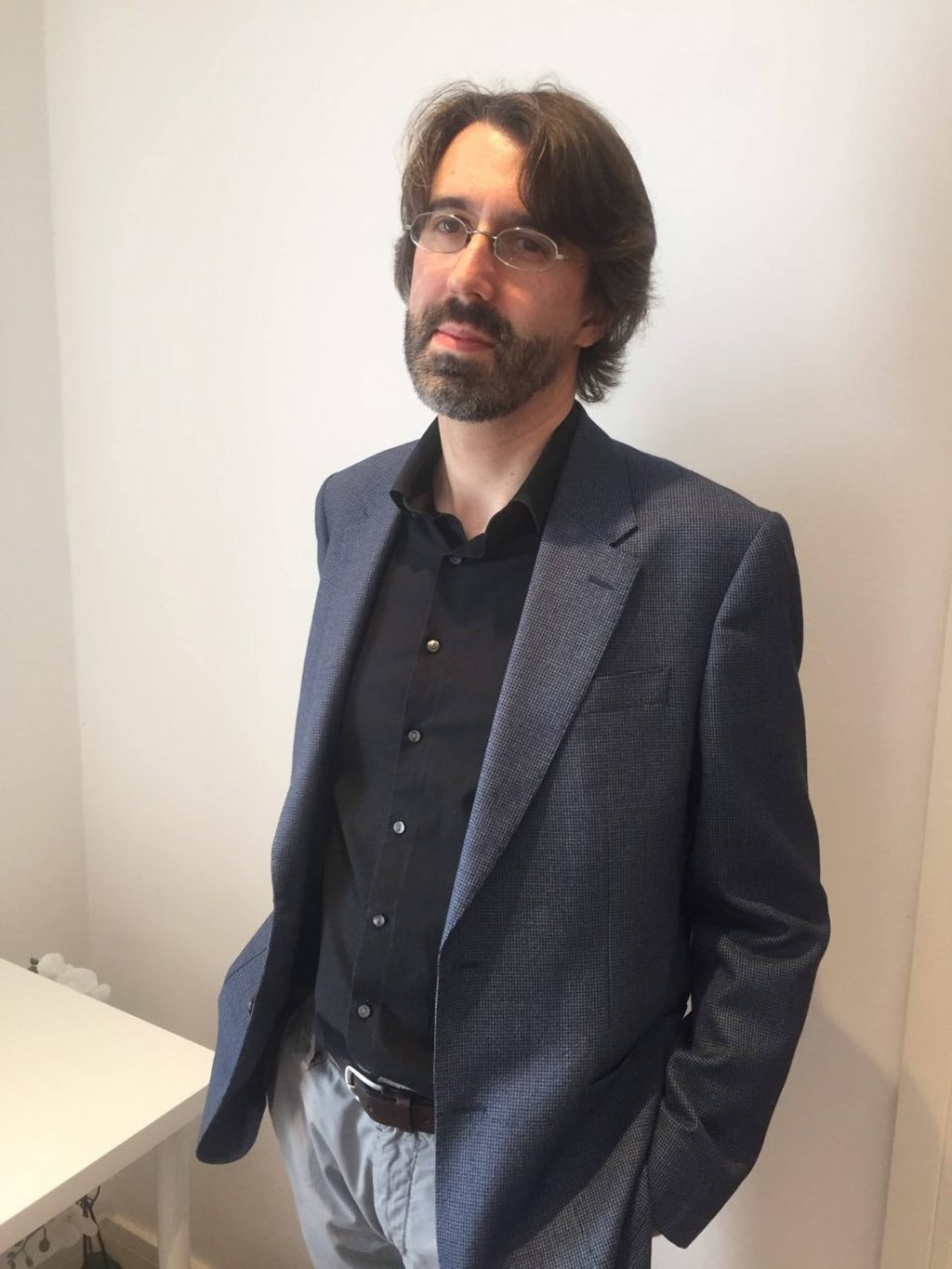Live to 100? How about 1,000? Why this scientist believes we will one day have lifespans that long
- Eventually ageing will be ‘cured’ like a disease, says a Portuguese microbiologist and professor of molecular biogerontology
- Reprogramming certain cells associated with ageing could soon become a reality, he explains, and one of the keys could be a compound called rapamycin

Death is inevitable. But what if it wasn’t? What if we could live forever? Or, if not forever, many hundreds of years longer than we currently live?
Over the past two decades, global life expectancy has increased by more than six years, according to the World Health Organization.
In Hong Kong, life expectancies at birth have increased from 67.8 years for males and 75.3 years for females in 1971, to 81.3 years and 87.2 years, respectively, in 2022, the Centre for Health Protection says.
That’s positive, of course, but an increasing number of scientists in the burgeoning field of ageing research, or geroscience, believe we can live much longer.
They include João Pedro de Magalhães, a Portuguese microbiologist and professor of molecular biogerontology at the University of Birmingham’s Institute of Inflammation and Ageing, in the UK.

De Magalhães believes a lifespan of 1,000 years or more will be possible one day. He says we are fast approaching a time in which reprogramming certain cells associated with ageing could become a reality.
